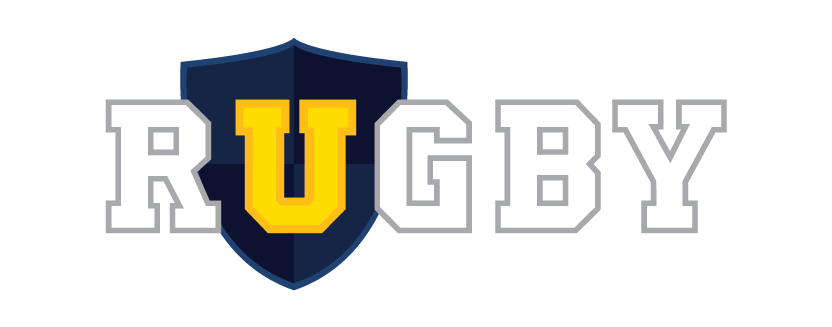
URugby manages and provides coverage for premier matches and sporting events for collegiate and high school rugby across the United States and internationally.
For inquiries contact Stephen Siano | siano@urugby.com

URugby manages and provides coverage for premier matches and sporting events for collegiate and high school rugby across the United States and internationally.
For inquiries contact Stephen Siano | siano@urugby.com